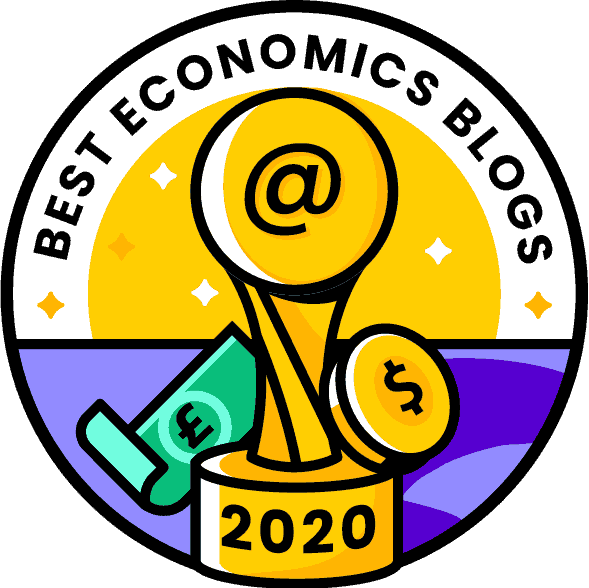This year’s Nobel Prize in Economic Sciences in Memory of Alfred Nobel has been awarded to Claudia Goldin for her work on women participation in labor markets.
Prof Goldin uses the tools and understanding of economic history to understand the women labor markets. As per Nobel citation:
By combining innovative methods in economic history with an economic approach, Goldin has demonstrated that several diferent factors have historically infuenced – and still infuence – the supply of and demand for female labour. These include women’s opportunities for combining paid work and a family, decisions relating to education and childrearing, technical innovations, laws and norms, and the structural transformation of the economy. In turn, her results have enabled a better understanding of how and why rates of employment and pay difer between women and men. To achieve these insights, Goldin looked back over two hundred years.
….
Over the last few centuries, society has experienced signifcant political, social and technological changes. Contemporary industrialised countries have enjoyed steady economic growth since the industrial revolution. It would be easy to believe that women’s participation in the labour force would follow the same trend, but Goldin’s research has shown that this is not the case.
Looking in the rearview mirror, she has created an understanding of how women’s circumstances changed as the economy was transformed from a traditional agrarian economy to contemporary society. However, some parts of this mirror were smudged, due to women’s work being underreported in historical sources, and these smudges needed wiping away. When this was done, Goldin could allow the overall picture to emerge by analysing both the corrected and new historical data.
When she zoomed in on US history, this picture became crystal clear – she was able to identify groundbreaking patterns that have not only challenged existing knowledge, but which have also changed the view of women’s historical and contemporary roles in the labour market. One of these patterns looked like the letter U.
Last year, Ben Bernanke was awarded the prize and much of Bernanke’s work also draws from economic history:
Through statistical analysis and historical source research, Bernanke demonstrated how failing banks played a decisive role in the global depression of the 1930s, the worst economic crisis in modern history. The collapse of the banking system explains why the downturn was not only deep, but also long-lasting.
Nice to see scholars being recongnised for their work on economic history..






